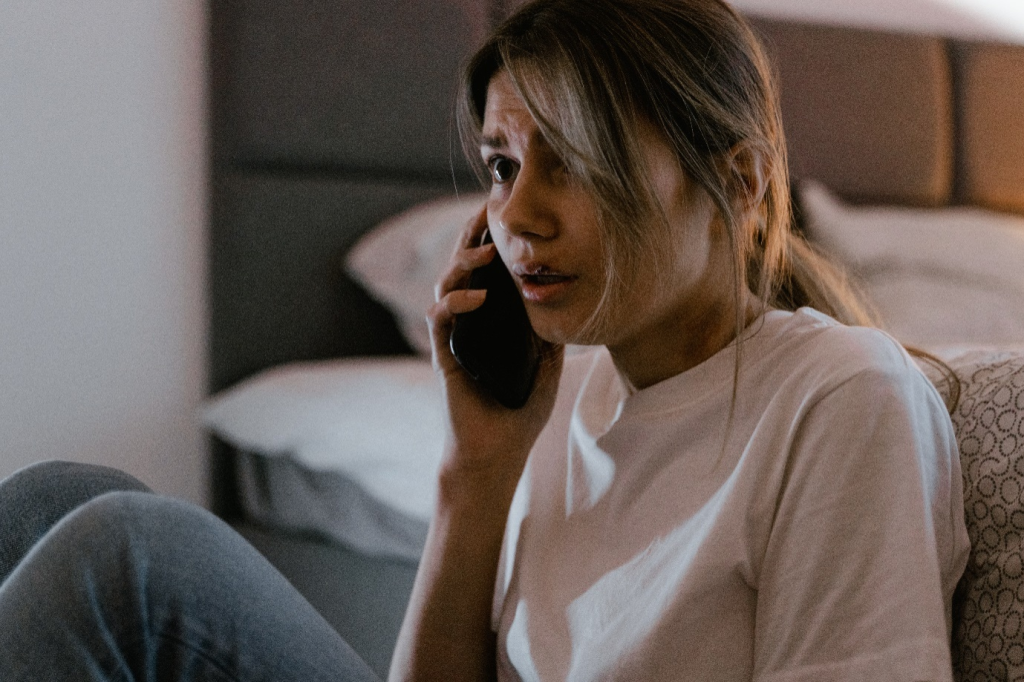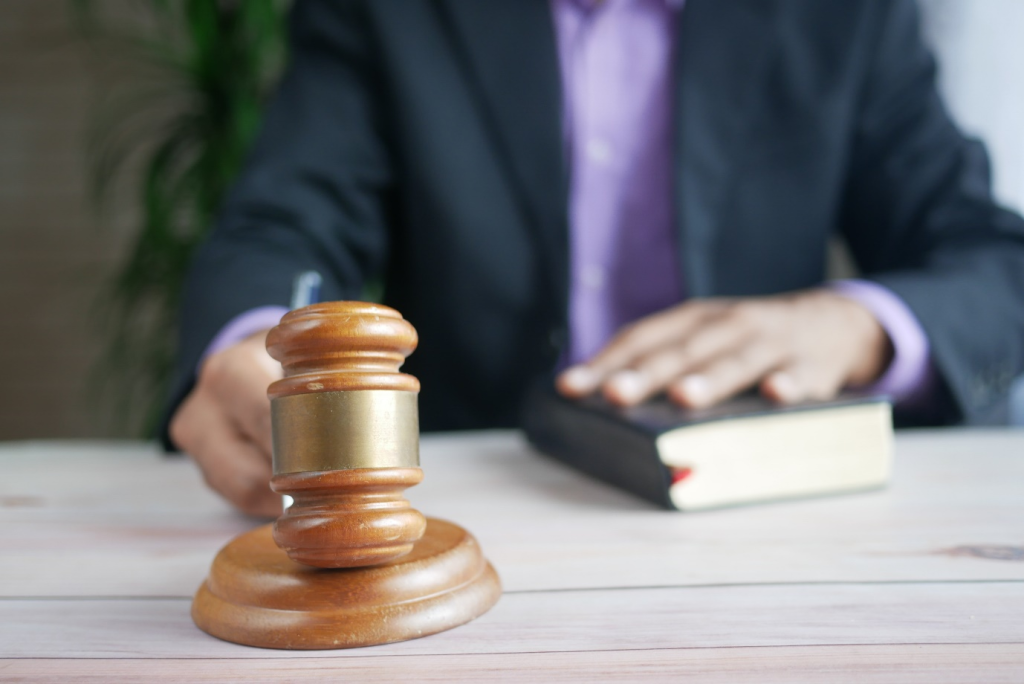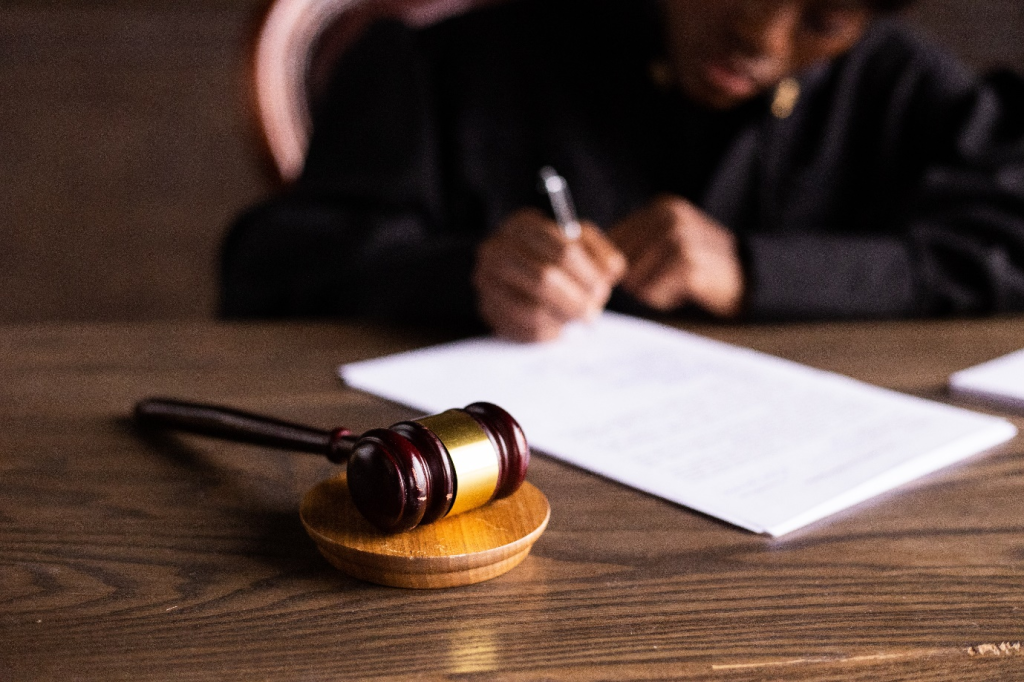It is not uncommon for individuals to experience harassment, abuse, or threat of violence from someone close to them, such as a spouse or a family member. Protective orders may be sought in such situations to ensure your safety and well-being. However, it is essential to understand the difference between criminal and civil protective orders, as they serve distinct purposes.
This guide will provide an overview of criminal vs. civil protective orders, their differences, how they work, and the steps to obtain them, should the need arise.
Understanding Criminal vs. Civil Protective Orders: What You Need to Know
If you or someone you know is dealing with a dangerous or harassing situation, it’s essential to understand the difference between criminal and civil protective orders. While both aim to protect victims, they operate differently and have different consequences for perpetrators.
Criminal Protective Orders – What Are They and How Do They Work?
Many people may have heard of a criminal protective order (CPO), but few understand it. A CPO is an order that restricts an individual’s contact with another person who has been a victim or a witness to a crime. This means that the person subject to the CPO is prohibited from contacting the protected person in any way. If you have been a victim of a crime in Houston and are concerned about your safety, it is important to speak to a domestic violence lawyer to understand how CPOs work and how they can benefit you.
A judge can issue a CPO at any time during the case, and it can be valid up to three years after the defendant’s sentence has been served. Criminal protective orders, also called restraining orders, can include provisions such as ordering the abuser to stay away from the victim and not to contact, harass, or intimidate them. Violating a CPO is a serious matter and can lead to criminal charges against the defendant.
Who Can Apply for a CPO?
In Houston, CPOs are typically issued at the request of a family lawyer or the prosecutor’s office. However, a victim or witness may also request a CPO from a judge. A CPO can be issued for various reasons, including to protect a victim or witness from intimidation, to prevent the subject from contacting the protected person, or to prevent the subject from coming within a certain distance of the protected person. If the subject violates the terms of the CPO, they can be arrested and charged with a crime.
What Does a CPO Entail?
A CPO can include various restrictions depending on the circumstances of the case. For example, it can prohibit the subject from contacting the victim by phone, email, text, or other means. It can also prohibit the subject from coming within a certain distance from the victim, home, or workplace. Additionally, a CPO can require the subject to move out of a shared residence, stop harassing the victim or their family members, or surrender any firearms they may possess.
How Long Does a CPO Last?
The length of a CPO can vary depending on the case. In some cases, it may only last for the duration of the criminal case, while in others, it may be extended for several years. The person protected by the CPO can request that it be extended, modified, or lifted if circumstances change. Understanding that a CPO remains in effect until a judge orders otherwise is essential.
What Happens If a CPO Is Violated?
If the subject violates the terms of a CPO, they can be arrested and charged with a crime. They can also face additional charges related to the original crime. For example, if the subject was arrested for assault and later violated the CPO by contacting the victim, they could be charged with assault and violation of a CPO. Violating a CPO is a serious offense and can result in significant penalties, including jail time, fines, and probation.
Criminal protective orders are essential in protecting victims and witnesses of a crime. They provide a level of protection that can help ensure your safety and well-being. If you are a victim or witness of a crime, you should consider requesting a CPO from a judge with the help of a qualified Houston family law attorney to safeguard yourself from the offender.
If you have any questions or concerns about CPOs, consult a domestic violence attorney who can provide more information.
Civil Protective Orders – What Are They and How Do They Work?
A civil protective order is a legal order issued by a judge that orders one person to refrain from contacting or coming close to another person. This order is designed to help protect victims of domestic violence, stalking, or harassment. In some cases, civil protective orders may also prohibit a person from owning or buying guns, as they pose an additional threat to the victim.
A civil protective order is not linked to a criminal case but is obtained from a civil court. They can protect against a broader range of emotional, physical, and financial abuse. Civil protective orders aim to prevent future harm from an abuser who has a close relationship with the victim, such as a spouse, an ex-spouse, or a domestic partner. They can contain provisions, such as ordering the abuser to vacate your shared home, pay child support, and cover losses or damages. Civil protective orders have no time limit and can be extended if the victim believes the threat of harm still exists.
What Types of Civil Protective Orders Exist?
There are several types of civil protective orders, each providing different levels of protection. One type of order is the emergency protective order, also known as a temporary restraining order, issued by a judge when immediate protection is needed, usually following an incident of domestic violence. Other types of orders include preliminary protective orders issued to provide short-term protection. In contrast, a more permanent order is being considered, and permanent protective orders are granted after a court hearing.
How to Obtain a Civil Protective Order?
To obtain a civil protective order, an individual must first file a petition with the court, typically with the assistance of a civil protection lawyer in Houston. They must also provide evidence of the threat or danger posed by the individual they seek protection from. If the court finds that the evidence is sufficient, it may issue a temporary order, which will remain in effect for a short time until the hearing on a permanent order.
Ways to Stay Safe with a Civil Protective Order
A civil protective order is essential in keeping victims of domestic violence, harassment, and stalking safe. However, it’s important to note that an order doesn’t guarantee complete safety for the abuser. Stalking and harassment often continue despite the order, so victims must take additional steps to stay safe, including changing their address or phone number, alerting friends and family members of the situation, and, if needed, seeking out the assistance of local law enforcement.
Civil protective orders help protect individuals who feel threatened or are in harm’s way. Victims can better control their lives and feel less powerless in an otherwise often overwhelming situation by knowing what these orders are, the types available, how to obtain one, and ways to stay safe.
If you are a victim of domestic violence, stalking, or harassment, seek out a civil protective order with the assistance of a qualified domestic violence lawyer. Remember, you don’t have to face these challenging situations alone.
Obtaining a Protective Order
If you need a protective order, it is vital to contact your local police department or a family law attorney immediately. Depending on the type of order you require, you may need to follow different procedures. For example, to obtain a criminal protective order, you must first file a police report and cooperate with the authorities, and to get a civil protective order, you must file a petition with the civil court and attend a hearing. It is critical to provide evidence of the danger or abuse you are experiencing, as the court will only grant the order if it believes the threat of harm is real.
What to Do After Obtaining a Protective Order?
If a judge grants you a protective order, it is essential to adhere to all requirements, conditions, and limitations outlined in the order. You may want to inform your employer, family, and trusted friends about the order and always keep a copy with you. If the abuser violates the order, do not hesitate to contact law enforcement immediately, as they can be charged criminally for this act.
Criminal vs. Civil Protective Orders – Let Daniel Ogbeide Law Help You Take Control of Your Life
Protective orders are legally binding documents that provide victims of abuse with a sense of safety and peace of mind. Whether you require a criminal or civil protective order, it is essential to act quickly and gather the necessary documentation to build a strong case. Remember, speaking out is the first step toward taking control of your life and creating a safer, healthier environment for yourself and your loved ones.
To learn more about criminal vs. civil protective orders, please get in touch with the expert domestic violence lawyers at Daniel Ogbeide Law today! Our practice areas include family law, protective orders, enforcement, child support attorney consultation, and more.
Disclaimer: This article is only intended for educational purposes and shouldn’t be used as a substitute for legal advice.




